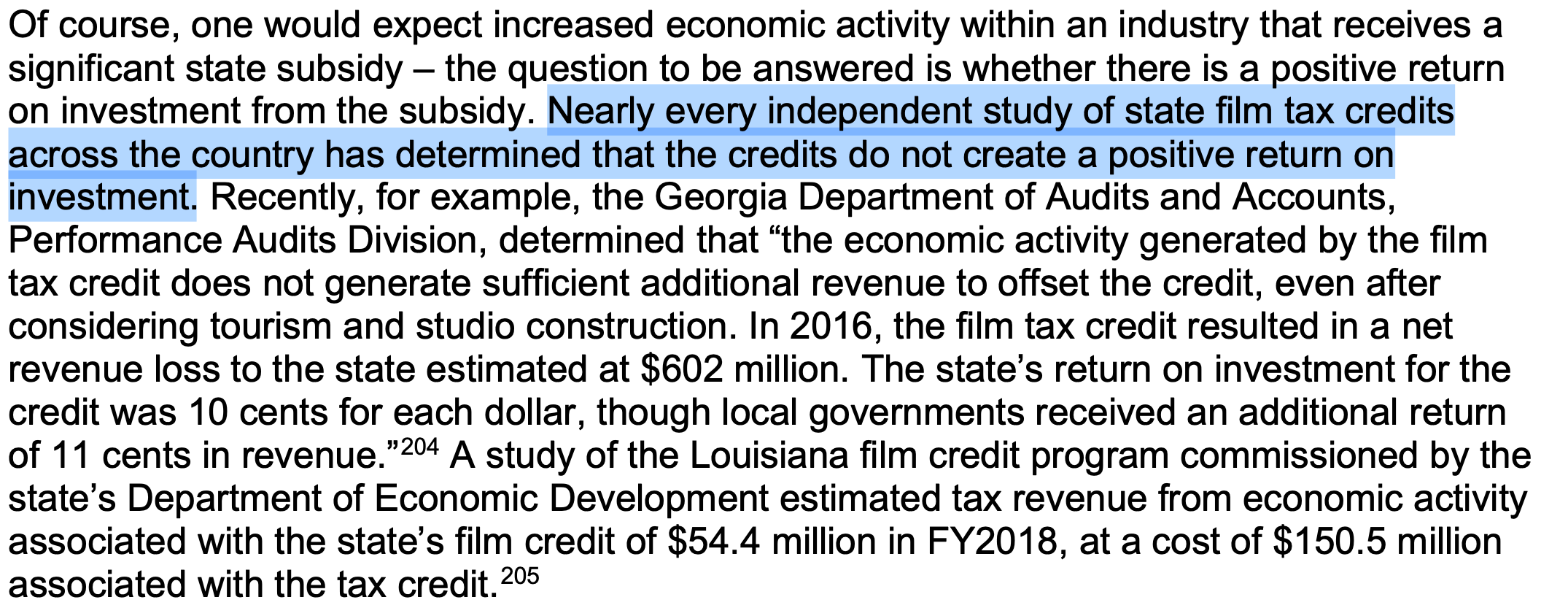A brief Rio Grande Foundation Analysis of PFM report on New Mexico’s tax structure (Part 2)
Yesterday we said we’d get an analysis of the PFM report on New Mexico’s tax code. As indicated in that post, there is some good information in the report even though we disagree with many of its findings. One of the best points made is the following which is taken directly from the report: Too often the only “equity” discussion that takes place is over “progressive” or “regressive” taxation. The PFM report acknowledges that New Mexico’s gross receipts tax is unfair to competing businesses within the same industries. As the text above points out this bias assists bigger firms and penalizes smaller ones.
Too often the only “equity” discussion that takes place is over “progressive” or “regressive” taxation. The PFM report acknowledges that New Mexico’s gross receipts tax is unfair to competing businesses within the same industries. As the text above points out this bias assists bigger firms and penalizes smaller ones.
Overall, the analysts seemed concern about the gross receipts and specifically argued for NOT raising rates on that tax. Unfortunately, that’s where the restraint went out the window. The report FAILED to mention New Mexico’s heavy (existing) tax burden (7th-highest as a percent of income) and bloated and inefficient government, yet it included numerous MAJOR tax hikes and NO tax cuts. The tax hikes mentioned included:
-
- Higher marginal rates at higher income levels.
- Eliminating the capital gains personal income tax exemption.
- Re-institute an estate tax.
- Increase the gas tax rate.
- Establish a structure for taxing recreational marijuana (we support the policy, but of course this is still more government revenue).
- Broaden the gross receipts tax base to include food and, for lower income taxpayers while enacting a revenue neutral refundable personal income tax credit.
- Continue to expand excise taxes to align with new forms of goods or services, such as vapor products.
- Consider a carbon tax or so-called “market-based approaches.”
While there are elements of some of these ideas that could be part of a broad-based, revenue-neutral tax reform plan, including “shifting greater local funding responsibility to property taxes and away from gross receipts taxes” the report is WAY too focused on generating more money for the State and focuses far too little on spurring economic growth and job creation.
Finally, although the overall report is lacking, one additional bit of good news is that PFM specifically calls out film subsidies. Again, the full text is below directly from the report:

